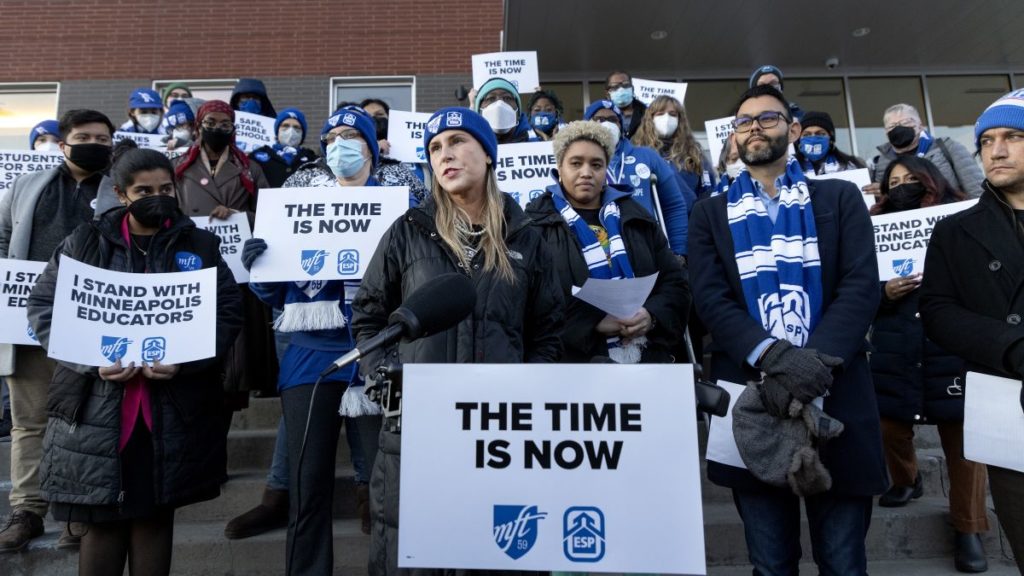Unionize the Non-Profits

The entire idea that one should work for reasons that aren’t money are fatuous myths that help employers. That doesn’t mean we can’t include other values in the work that we do other than money. Obviously I would rather be paid less as a professor than working for some corporation. But I will never say, “it’s not about the money.” Oh, it’s about the money. I work for money. It might not be only for money. But let’s be clear, I want to be paid more.
All they saw were red lines. And that meant “no deal.” Yet.
The newly unionized employees at Community Solutions, a nonprofit based in New York City that combats homelessness, were in the early days of negotiating their first contract. They had assumed that their proposal to protect formerly homeless people from being discriminated against in the organization’s hiring process would be a simple matter for both sides.
Instead, hammering out the clause has turned into months of disagreements and returned proposals, slashed through with red ink. Management has legal concerns over the language used, while staff members are focused on the very people for whom their workplace finds housing. “We all agree on principle,” said Paulette Martin, the chief operating officer.
But so far, that is where the understanding ends.
As workers at private companies like Starbucks and Amazon start to organize across the country, so too are nonprofit employees, from adjunct professors to environmental activists. Yet inside mission-based organizations, union negotiations can be particularly awkward.
….
When the employees’ proposed nondiscrimination clause was rejected, nearly every word cut, it became a turning point for them, said Sandy Colts, a systems improvement adviser at Community Solutions and one of the original members of the organizing committee. “This was a value statement, based on our lived experiences,” he said. “They should trust that we are requesting these protections for a reason.”
Community Solutions maintains that they support the idea behind the proposal and are only concerned with the wording. “We believe that our shared commitment to addressing harassment or discrimination of any kind is reflected in what we put forward,” Ms. Martin said in a statement. The clause that management would like to use, she continued, “includes strong anti-discrimination language that is nearly identical to other collective bargaining agreements negotiated by the same union.”
…
In addition to improving salaries and benefits, other concerns cited by organizers include transparency, standardized pay scales and racial equity.
For nonprofit managers, the prospect of a union can be disconcerting. Many organizations try to maintain a close knit, collaborative environment where leadership and staff bond over a shared public service goal. When workers unionize, it can put leadership on the defensive, some experts say.
Oh no, not the defensive! You mean the employer can’t discipline a worker for capricious reasons? You mean workers can have a say in their jobs? You mean that workers might say, wait a minute, I don’t think I should work 20 extra hours this week without compensation?
Wow, I can see why the head of a non-profit might be outraged by these extreme demands…..


